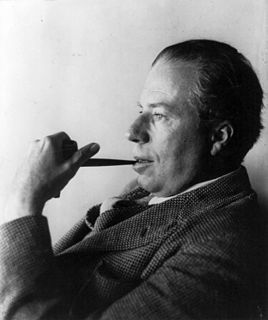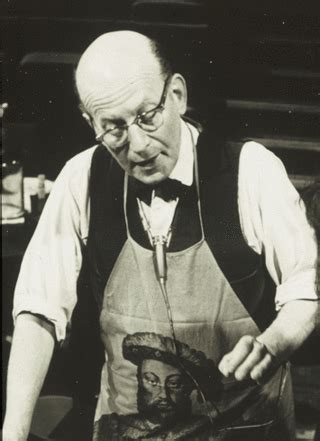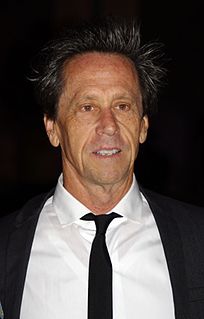A Quote by Carol Ann Duffy
Like the sand and the oyster, it's a creative irritant. In each poem, I'm trying to reveal a truth, so it can't have a fictional beginning.
Related Quotes
I think I have been much of my life an irritant. But some people say that something good came out of my research, something valuable that could be regarded as a pearl, and I can assure those who worked with me it was you who made the pearls and I was merely the grain of sand, the irritant to produce the pearls.






































